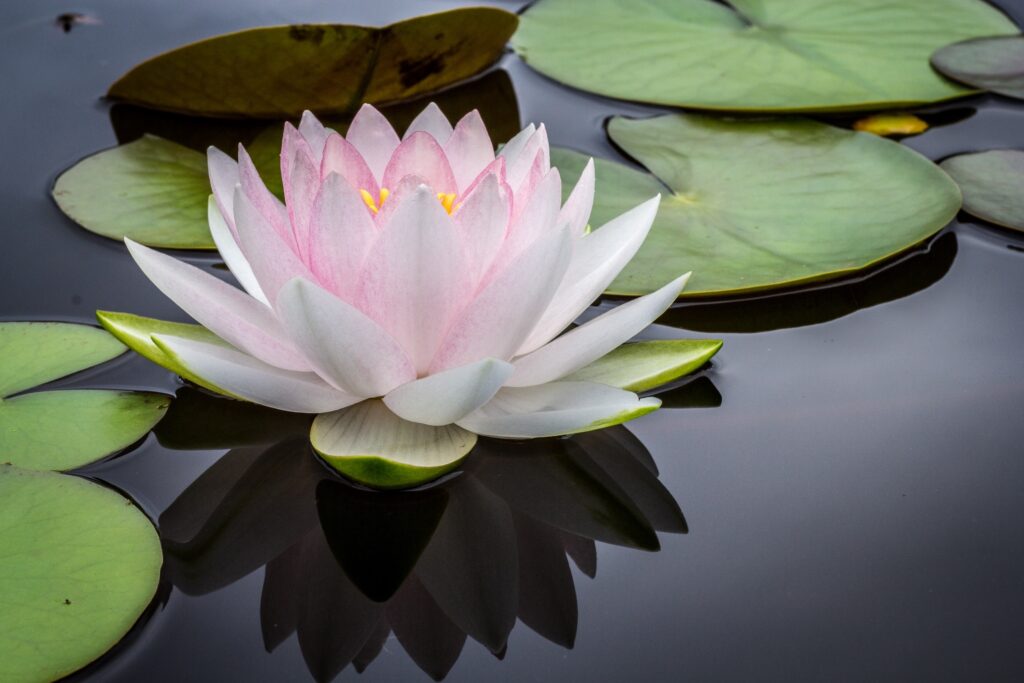Gratitude and Self-care: What’s the link?

What do you think of when the word “gratitude” is mentioned? A lot of us associate it with saying thank you but it actually goes a lot further than this. It’s a much deeper appreciation and generates positivity that can last a good while.
If you’re not practicing gratitude on a regular basis, it’s time to make it a big part of your self-care. Science says that gratitude can improve your physical and emotional health and makes you much less likely to be affected by self-doubt and negative thinking. Here’s why you should introduce gratitude to your self-care and you might be surprised at some of the benefits you’ll experience!
How gratitude can help your health and well-being
Gratitude can have lots of benefits for mental and physical health and this has been backed up by quite a few studies. Let’s talk about just a few of them here.
In a study by Robert Emmons at UC Davis in California, one group of participants was asked to list things they were grateful for. The other group focused on problems and setbacks that had happened that day. The gratitude group saw a 25% improvement in their health and well-being, including having more energy, enjoying better quality sleep, and getting fewer aches and pains. They were also more optimistic about their health than the group that concentrated on the negatives.
Other physical effects can include lower stress levels and a reduction in cortisol levels. If you’re someone who is negatively affected by stress and finds it hard to manage their stress levels, demonstrating gratitude on a regular basis can be a game changer for getting on top of stress.
It seems that gratitude can also have physical effects on your body, even if you’re affected by health problems. In a study involving heart disease patients, keeping a gratitude journal helped to reduce inflammation levels and improve their sleep and mood. In some cases, it was thought to be a factor in improving symptoms of heart disease.
In another study, people were asked to write a letter expressing their gratitude and to hand deliver it to the person. Afterward, they felt a lot happier and more satisfied with their life. And these feelings weren’t just fleeting effects either .. they often lasted for weeks!
Gratitude can make you more open to forgiving people and can help you form stronger relationships with the people around you. If you’re holding onto a lot of bitterness and resentment and finding it hard to forgive people for past events, gratitude could be just what you need to start moving forward.
Ways to include gratitude in your self-care
Get more mindful. If you don’t already practice mindfulness on a regular basis, this is a really good time to start doing it. Mindfulness is a big part of gratitude, which makes sense when you think about it. After all, how you can be grateful for things if you’re not really aware of them? The more mindful you are, the easier you’ll find it to tap into even the tiny things that are happening around you and the effects that they have.
Keep a gratitude journal. Writing down the things that you’re grateful for can be really powerful. According to a study in the Journal of Personality and Social Psychology, writing in a gratitude journal for 10 weeks meant that participants experienced brighter moods, found it easier to engage in positive thinking, and slept better. Pretty good, right? Get into the habit of noting down 3-5 things that you were really thankful for each day. These can be anything, from someone who smiled at you in the street and lifted your mood to seeing the faces of your family after a long day at work.
Incorporate it into yoga. If you try to do yoga as part of your self-care, why not add another dimension to it with gratitude too? It’s a perfect opportunity given that you’re already very much in the present during a yoga session. Try thinking about a few things that really make you grateful while you’re doing yoga can be an easy way to introduce it to your life and help it to become second nature.
Write a gratitude letter. Remember that handwritten letter expressing gratitude that we talked about earlier? Try it yourself and see how it works for you. Think of someone who has gone out of their way for you or who has made some lasting impact on your life and write a letter to tell them what this means to you. Then go ahead and make sure it reaches them.
